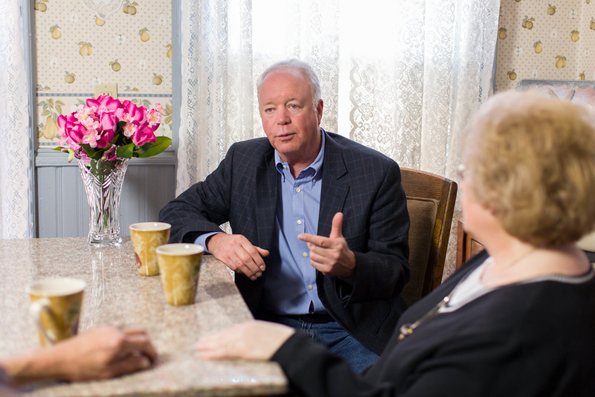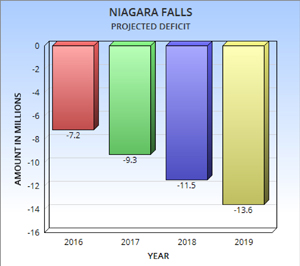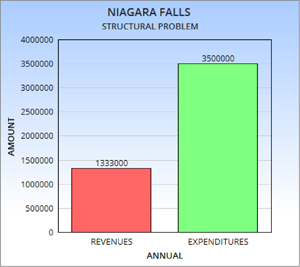
JULY 14 - JULY 22, 2015
| Dyster Election Year Plan for ‘Business Park’ May Cost City Taxpayers More Than $1 Million |
| Szwedo Makes Point on Taxes! Stands up to Bullying at City Hall |
| Number One in Crime and Danger, Niagara Falls Residents Need Relief, and Change of Direction |
| No Contracts With Amtrak, Tour Companies To Occupy, Use New Train Station Here |
| Career Criminal, Rapist Undone By Overwhelming Stupidity Here |
| LaSalle Waterfront Park a Place Where Fingers Can be Bitten Off |
| WNYMuslims participates in ‘Kids 4 Kids’ Toy Drive |
| State Comptroller Found There’s no Accounting for Dyster Fiscal Mysteries |
| We Must Bring the City Back from the Edge of Insolvency |
| Temporary Maid of the Mist Shutdown Does Not Cause End of World, Life As We Know It. |
| Herbal Agriculture Inks Deal With Colorado |
| Mott’s the problem with Jayne Park grass maintenance Mott is going on with Jayne Park grass maintenance? Mott’s wrong with Jayne Park maintenance? Mott’s it all about Mayor Dyster? |
| Accardo Makes Waves at Steps of City Hall |
| Accardo, Dyster Take Different Approaches To Running Small Family Business Here |
| Challenges to Dyster, Pascoal Petitions Filed on Behalf of Choolokian, Szwedo |
| Error by Bomb Sniffing Dog Points Up Problematic Nature of Searches |
| Only in NT: Oliver Street Transformation Stagnant in North Tonawanda |
| Mark Levin Sounds “Death Panel” Alarm on Federal “End of Life” Consults! ‘I Am Becoming Increasingly Radicalized For Liberty’ |
| Speaking Out Against the SAFE Act |
| Kristen Grandinetti Stands for Something So Does Planned Parenthood |
| Niagara Falls to Launch African American Male Wellness Walk Dr. Underwood Named Honorary Chairman |
| 'A Hope and a Prayer From the Swamp' Sung to the tune of "she'll be comin' round the mountain" |
| Erie County Water Authority Is Haven for Politically Connected |
| Local Historian Gromosiak Honored with Park Plaque | City Hall Jokes |


.jpg)
